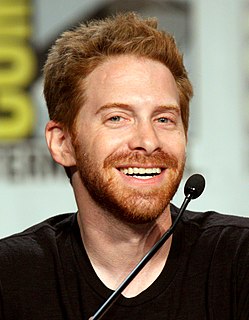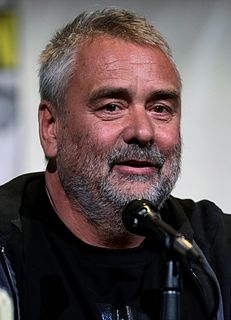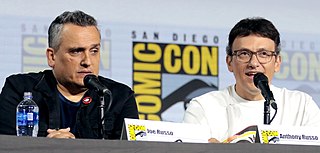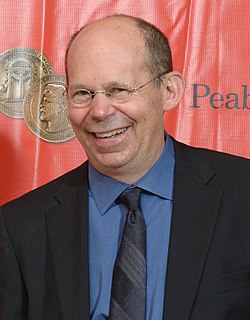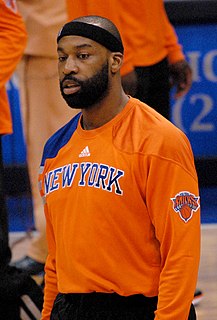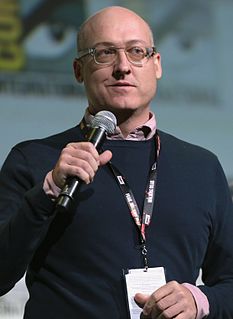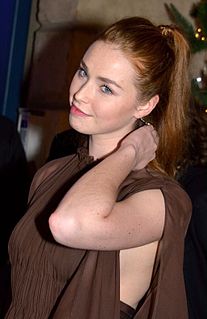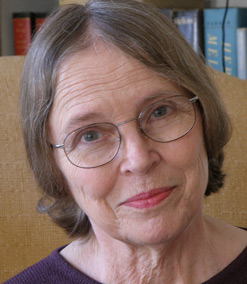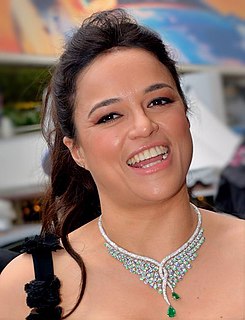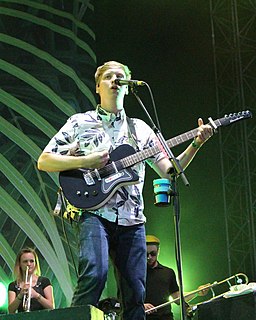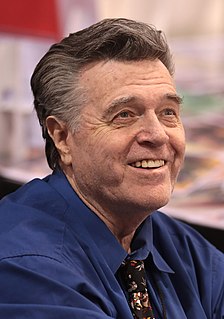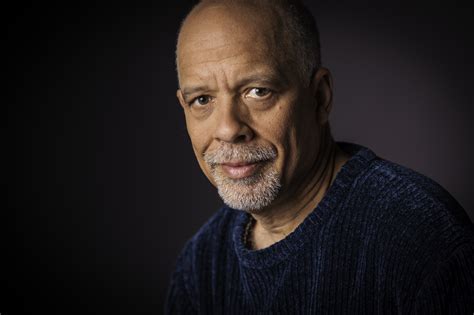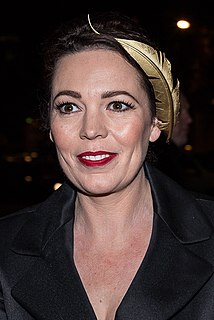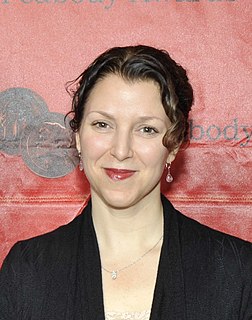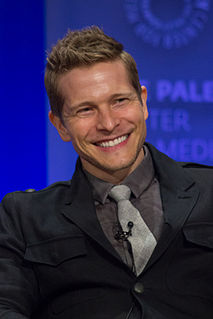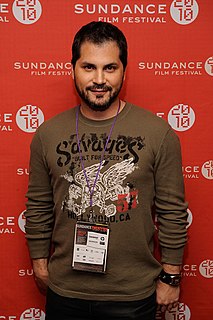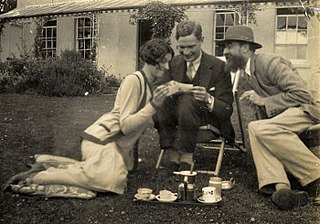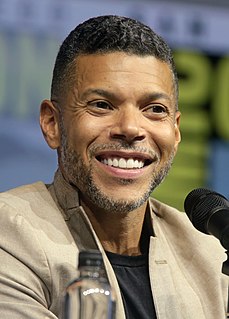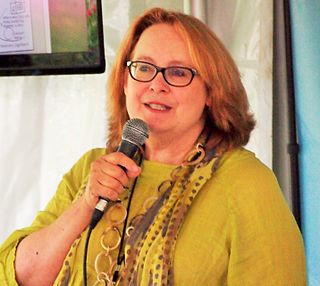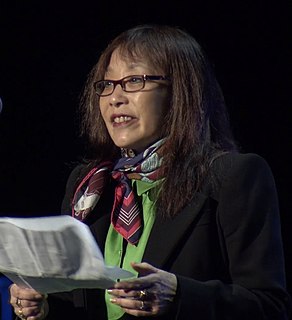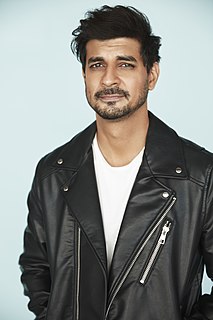Top 1200 Storytelling Quotes & Sayings - Page 20
Explore popular Storytelling quotes.
Last updated on November 9, 2024.
I really love animation as a storytelling medium, whether it's traditional, cel animation, or CG, or stop motion, which is more our studio's area of focus. But I find that the creatives behind any kind of animation are typically very similar, and so regardless of what aesthetic they use to realize their vision, I'm usually pretty into it.
My concern 99% is about the storytelling, the emotion and all this. I never think about the format of anything until way far in the process and when we arrive to the fabrication of the thing then we start to say, "Okay right, what is the best thing we can do." I choose the car before to choose the color.
A Crime So Monstrous is a remarkably brave and unflinching piece of reportage and storytelling. Ben Skinner bears witness, sharing stories so unsettling, so neglected, so chilling they will leave you shaking with anger. This should be required reading for policy makers around the world - and, for that matter, anyone concerned about the human condition.
If I were writing an article for the newspaper, it would be thesis statement, information, information, supporting arguments. That would be the setup. When I'm making a documentary, the pacing of the film and the way that you sort of switch from character to character - all of those are more about storytelling than straight journalism.
That's just how I see things on a base level: there's so much going on. Or at least I like to have that feeling. It's part of being interested in notions of reality apart from storytelling. I don't know if it has something to do with having an art school education, which makes you aware of the way visuals speak, or makes you trust them more.
I think change is happening in ways we can't anticipate yet because the whole generation of viewers who are viewing films - film may not be the appropriate word in years to come. I'm excited about the possibility of new types of storytelling; that to me is less daunting. I'm excited by how we'll evolve with those formats thematically, tonally and in narrative.
There was a gap in minority heroes in animation, books, and storytelling for me as a kid, and being a father now, I felt the responsibility I had to the next generation to create stories that allow us to wish and dream and build worlds that inspire young people who haven't traditionally had these heroes to look up to.
If you're sitting in your minivan, playing your computer animated films for your children in the back seat, is it the animation that's entertaining you as you drive and listen? No, it's the storytelling. That's why we put so much importance on story. No amount of great animation will save a bad story.
I'm not sure I would make a direct connection between having press attention as a young person and being interested in the media as an older person. I came to it more organically, coming from a family of Irish Catholic storytellers. Storytelling is a pastime and important part of my family's history and culture.
Donald Trump, having spent decades in the public eye as an entertainer, may not understand what the nuclear triad is, or what America's 'first use' nuclear policy is, or why starting a trade war would be a disaster. But he does understand storytelling, the power of a clear narrative, and the importance of stirring emotion.
I was desperately unhappy with it [Blade Runner]. I was compelled by contract to record five or six different versions of the narration, each of which was found wanting on a storytelling basis. The final version was something that I was completely unhappy with. The movie obviously has a very strong following, but it could have been more than a cult picture.
Before Gutenberg, there was this really very strong oral storytelling culture where being able to relay stories from person to person was sufficient. And then, with the introduction of printing and mass communication, suddenly somebody had a lot of authority invested in the idea of a single canonical expression of a document or a piece of communication.
Minimalism seems closest to the sophisticated storytelling of movies. Movies have really educated contemporary audiences to be the most intelligent, sophisticated audiences in history. We don't any longer need to have the relationship between one scene and the next explained. We will figure it out ourselves.
I grew up as a fifth-generation Jew in the American South, at the confluence of two great storytelling traditions. After graduating from Yale in the 1980s, I moved to Japan. For young adventure seekers like myself, the white-hot Japanese miracle held a similar appeal as Russia in 1920s or Paris in the 1950s.
Graphic novels might really speak to one child who's struggling with the other kinds of reading and might help them discover that storytelling is joyful and personal and illuminating. They might find your way in auditorily by listening to audio books in the car instead of playing Game Boys or watching DVDs.
Glen Hirshberg's stories are haunting, absolutely, but not only because of the content -- the stories themselves haunt, they stick around, they linger, inhabiting a little corner of the reader's brain and resurfacing to evoke mystery or sadness or longing. It's a pleasure to dive into Hirshberg's storytelling skills in American Morons.
I think of myself as a storytelling, and one of the reasons why people have held my stuff close to them is because it's one thing to draw pretty pictures, and it's another thing to create a story. That's what I've always done, whether it be for advertising clients or commercial clients or comic books. My hand is in there, and I am the storyteller.
When I was in advertising, I did a great deal of work on television commercials. A co-worker and I wrote a screenplay, which led to a few more screenplays, and some were optioned by production companies. I was advised to move to California but didn't want to make the move. I decided to use another form of storytelling, so I wrote a novel.
My interest in Virtual Reality (VR) films began for me when I began a fellowship with MIT's Open Documentary Lab. It was a profound experience to be on MIT's campus one day a week and to enter a new world of storytelling where breaking convention and traditional methods were expected. This was deeply challenging and inspiring.
I don't think 'Call Of Duty: Black Ops' sells 25 million plus copies and makes of a billion dollars because of their great storytelling. It's the multiplayer aspect of that type of game, where people get together to shoot each other and have fun. And it's very much gameplay; it's like 'Gran Turismo' or one of these racing games.
Directing plays lacked the immediacy and connection to real world events that journalism offered; journalism lacked the drama, theatricality and subjective storytelling of theater. It wasn't until I had the idea of making a documentary film about the 1992 presidential campaign that these two passions came together in 'The War Room.'
There are a number of times when we have found, there's a number of old-school special effects in here that are fantastic, but there are definitely some times that we went digital and you're not going to tell the difference, I don't think. I think it just serves the storytelling because that's just the era that we live in.
When we talk about LGBT characters on TV we're talking about the entire rainbow, and that includes trans people, and that includes non-binary people, people of color, women, differently-abled people. There is so much opportunity for storytelling there, and I hope that we continue to see more of that.
I think that at the end of the day I'm drawn to a certain level of ambiguous storytelling that requires hard thought and work in the same way that the New York Times crossword puzzle does: Sometimes you just want to put it down or throw it out the window, but there's a real rewarding sense if you feel like you've cracked it.
There's no reason my films can't work as hard as VR does to hook an audience and never let them go, so I think that that it turns the volume up a little bit on storytelling. The same way when I was doing commercials and then I went and shot 'Go,' and 'Go' has a level of pace that is unlike any of my other movies.
When a character has as wide an audience and as rich a history as Batman, it's truly exciting to see him introduced into an all-new storytelling medium. BATMAN LIVE will bring a completely new experience to fans of the character - it's great to be able to give them something they haven't seen before.
I think that the idea of boundaries is being challenged everywhere. And I think our fascination with sci-fi is that it is a boundary-less world where we can kind of create the reality that we believe to be as opposed to the reality that is. It is about the beyond and the unknown in a different way than pretty much any type of storytelling is.
Some of the most successful, talented actresses of our generation, be it Julianne Moore, or Charlize Theron, or Charlotte Gainsbourg, or Isabella Rossellini, if you know your cinema history, have taken their clothes off. There's nothing wrong with nudity, per se, if it's part of the storytelling and it's eloquent and it says something about the raw humanity of the story.
One of my favorite things, as a critic, was finding books by new writers who possessed a distinctive voice and vision, an inventive gift for storytelling. I also loved immersing myself in works of nonfiction that taught me something about the world, that made the past come alive or shed light on hidden corners of history or the news.
I remember how as I kid I would love stories of every kind - whether they were narrated in school or what I read in books. Storytelling would always appeal to me, I would take part in poetry reciting, dramatics, choreography and debates. There was this fascination for performance, which finally culminated in a professional sphere.
I think that, at the end of the day, I'm drawn to a certain level of ambiguous storytelling that requires hard thought and work in the same way that the 'New York Times' crossword puzzle does: Sometimes you just want to put it down or throw it out the window, but there's a real rewarding sense if you feel like you've cracked it.
Humanity's legacy of stories and storytelling is the most precious we have. All wisdom is in our stories and songs. A story is how we construct our experiences. At the very simplest, it can be: 'He/she was born, lived, died.' Probably that is the template of our stories - a beginning, middle, and end. This structure is in our minds.
